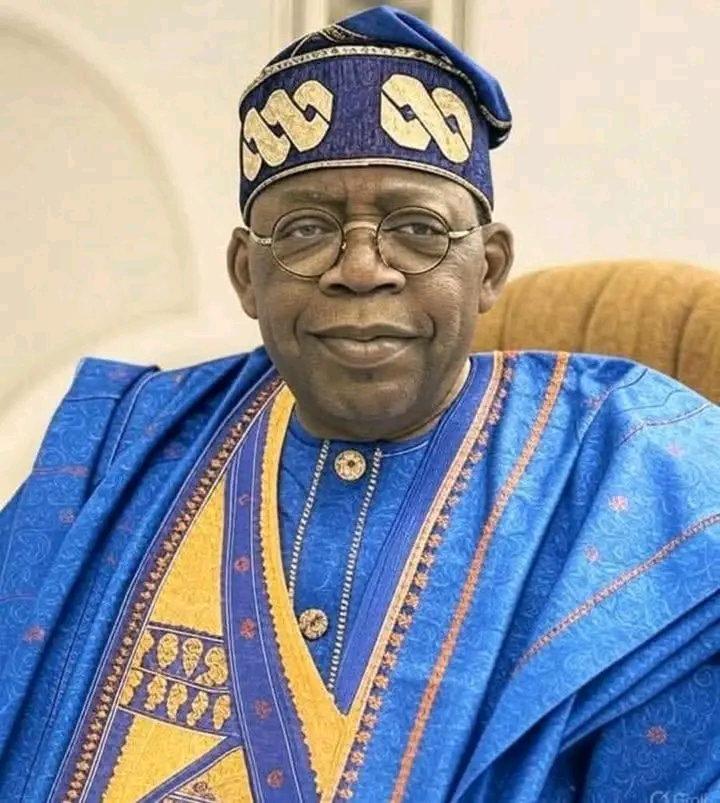….Recent National poll by Africa Polling Institute (API) shows 83% of Nigerians have little or no trust in Tinubu-led government, with similar skepticism toward the legislature and the Judiciary, raising alarms ahead of 2027 elections……
By Eye Reporters Analysis Desk
The 2025 Nigeria Social Cohesion Survey, released by the Africa Polling Institute (API), has landed like a thunderclap on Nigeria’s political landscape, offering a sobering verdict on the state of public trust in the federal government under President Bola Ahmed Tinubu. The findings are unflinching: 83% of Nigerians say they have “little to no trust” in the Tinubu-led government, while 82% express similar disillusionment with the National Assembly, and 79% say the same of the judiciary.
Coming just two years into Tinubu’s first term, and two years to the 2027 general elections, the results raise red flags for the stability of Nigeria’s democratic project, the cohesion of its diverse society, and the fragile hope for inclusive development.
The API, founded in 2019 and led by Prof. Bell Ihua, has earned a reputation for credible, data-driven public opinion polling. Its latest report is grounded in face-to-face interviews with over 5,400 Nigerians across all 36 states and the FCT, using stratified random sampling and conducted in major local languages. This is not internet clickbait. It is a national temperature check, and the fever is dangerously high.
The Social Cohesion Index, a barometer of national unity, scored a tepid 46.8, below the 50-point threshold that denotes “cohesion.” This suggests that Nigeria is not only politically divided but socially fractured.
Public confidence in institutions is the bedrock of stable democracies. The API report reveals deep-seated perceptions of government as corrupt, aloof, and unaccountable. From worsening economic hardship and erratic policy shifts, to the appearance of elite insularity and unmet campaign promises, the federal government appears increasingly disconnected from the people it claims to serve.
The National Assembly, under Senate President Godswill Akpabio and Speaker Tajudeen Abbas, is viewed by many respondents as a rubber stamp, a perception further entrenched by the public’s inability to see meaningful legislative checks on executive power or proactive lawmaking on key socioeconomic issues.
The judiciary, under Chief Justice Olukayode Ariwoola until his recent retirement, now led by CJN Kekere-Ekun, also suffers from declining public confidence, driven by controversial judgments and allegations of politicization.
The erosion of institutional trust so early in Tinubu’s administration may have lasting implications for the credibility of the 2027 general elections. If the electorate continues to perceive the political system as rigged, unresponsive, or hostile to change, voter apathy could deepen, or worse, unrest could follow.
The data raises a difficult but essential question: can an administration govern effectively when over 8 in 10 citizens distrust its every move?
Beyond politics, the survey also speaks to the national psyche. The promise of a united Nigeria, across ethnic, religious, and class lines, appears increasingly out of reach. If ignored, this fragmentation risks becoming self-perpetuating, further alienating communities, disenfranchising youth, and feeding radical populist or separatist narratives.
API’s work is not meant merely to reflect public opinion, it serves as a warning. If the government views these numbers as a mere PR challenge rather than a democratic emergency, the 2027 elections may be contested not just at the ballot box but in the streets, online forums, and courtrooms.
Peace and security, already strained by insurgency in the Northeast, banditry in the Northwest, and unrest in the Southeast, could unravel further. Social cohesion is not just about shared national identity, it is a prerequisite for sustainable development and conflict prevention.
The Tinubu administration must urgently recalibrate its political tone and governance style. The APC-led government must listen, not just with ears, but through action. Transparency, citizen engagement, security sector reform, judicial independence, and economic inclusivity must become urgent priorities.
The API 2025 survey is a data-driven indictment of the state of governance in Nigeria. But it is also a roadmap, however grim, toward recovery, if its warnings are heeded.
With 2027 looming, it is not just Tinubu’s legacy on the line, it is the nation’s future.
For advert placement and inquiries, publication of press releases, and news coverages, please call: Phone: 08052898434 Email: editor@eyereporters.com, click here to view the advert rates.



